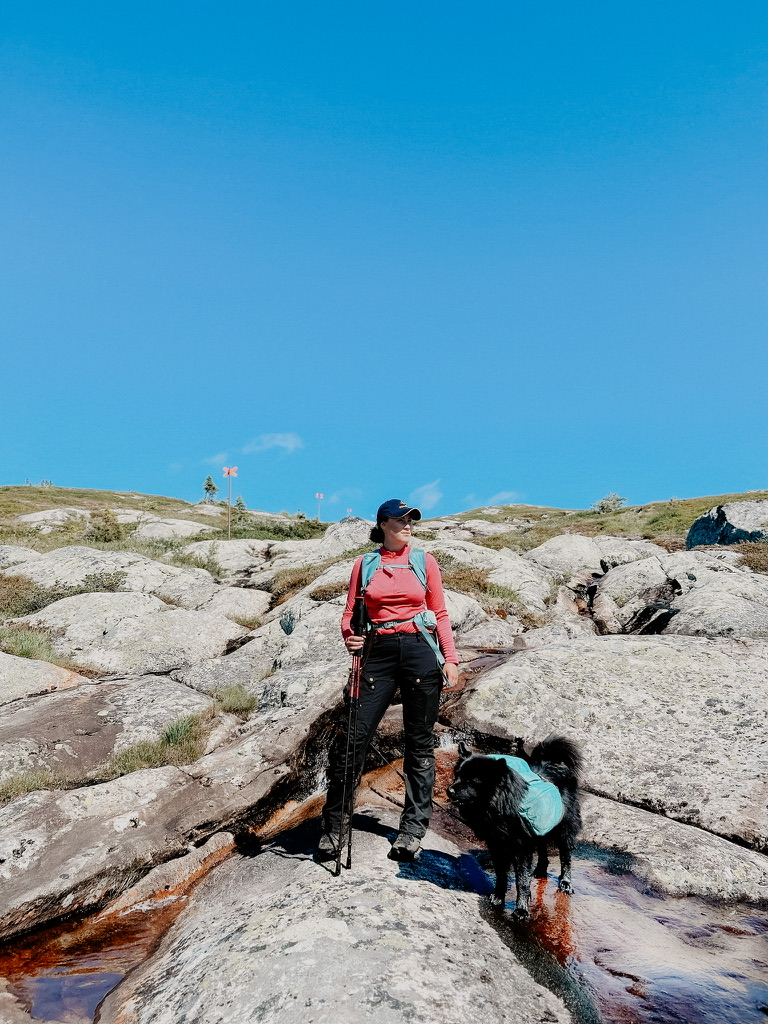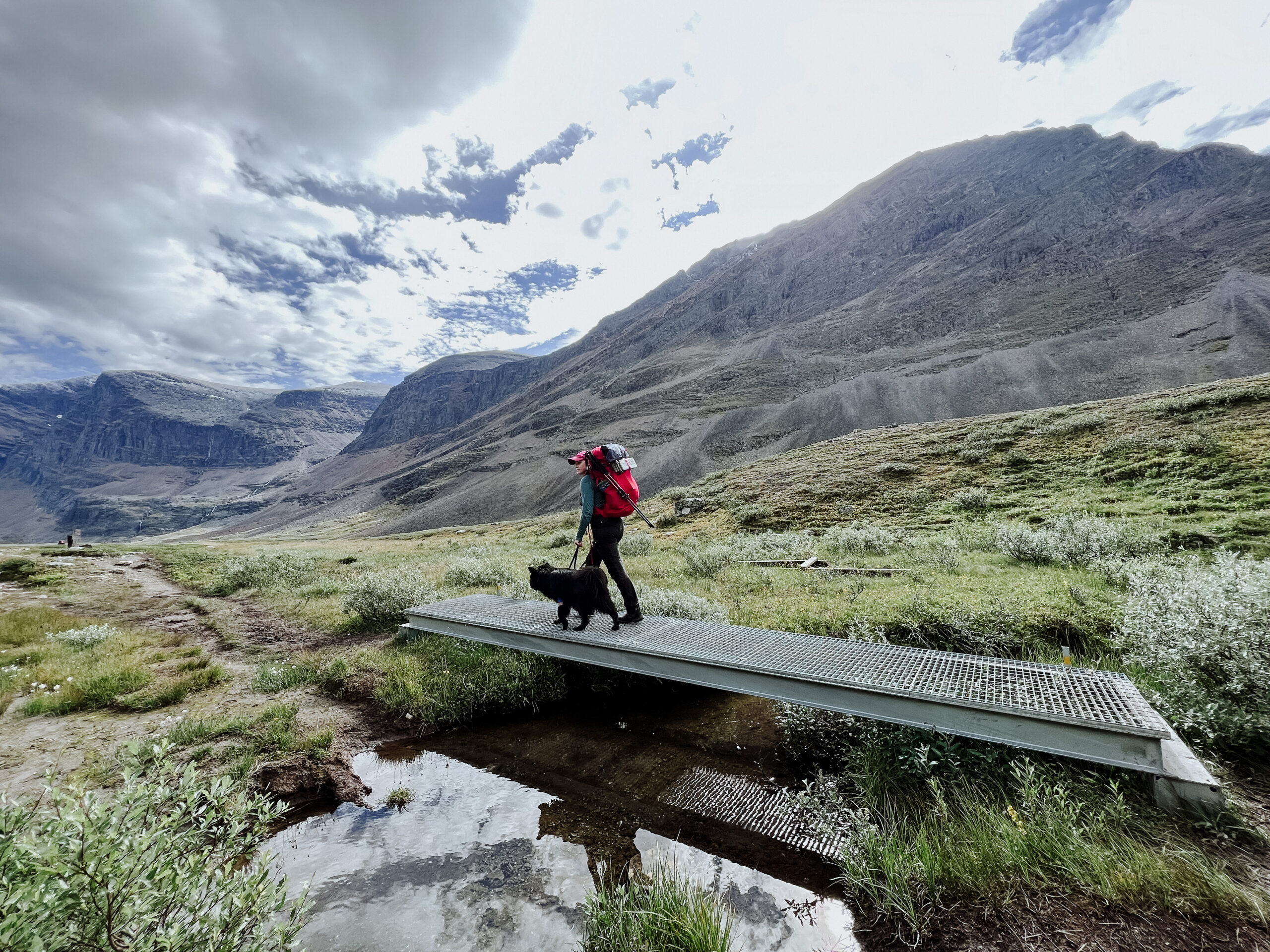Embarking on a backpacking adventure offers unparalleled opportunities to connect with nature, challenge personal limits, and foster a sense of camaraderie with fellow outdoor enthusiasts. However, ensuring a positive and sustainable experience for all requires adherence to backpacking etiquette. Here are key principles to follow for responsible and respectful trail behavior.
First and foremost, Leave No Trace principles are the backbone of backpacking etiquette. Carry out all waste, minimize campfire impact, and stay on designated trails. This commitment preserves the pristine beauty of natural landscapes and protects ecosystems for future generations.
Respecting wildlife is essential. Observe animals from a safe distance, refrain from feeding them, and store food securely to prevent wildlife encounters. Our presence should be a minimal intrusion into their habitats, allowing them to thrive undisturbed.
Campsite courtesy is crucial for maintaining a harmonious atmosphere. Set up campsites at least 200 feet away from lakes and streams to safeguard water sources. Keep noise levels to a minimum, especially during quiet hours, allowing everyone to relish the tranquility of the outdoors.
Trail courtesy involves yielding the right of way to fellow hikers. Uphill hikers generally have the right of way, and stepping aside to let them pass ensures a smoother flow of traffic on narrow paths. Maintain a friendly demeanor, greeting others with a simple hello and a smile, fostering a sense of community on the trail.
In terms of waste management, dispose of human waste responsibly by digging a hole at least 6 to 8 inches, or 15-20 cm deep and 200 feet or 60 meters away from water sources. Pack out used toilet paper in a sealed bag, leaving no trace behind.
Lastly, a backpacker’s preparedness is key to safety and courtesy. Research and plan routes in advance, carry essential gear, and be self-sufficient. In case of emergencies, prioritize safety and assist others when needed.
By embracing these backpacking etiquette principles, outdoor enthusiasts contribute to the preservation of natural landscapes and cultivate a culture of respect and responsibility on the trails. This ensures that the joy of backpacking remains accessible and sustainable for generations to come.


